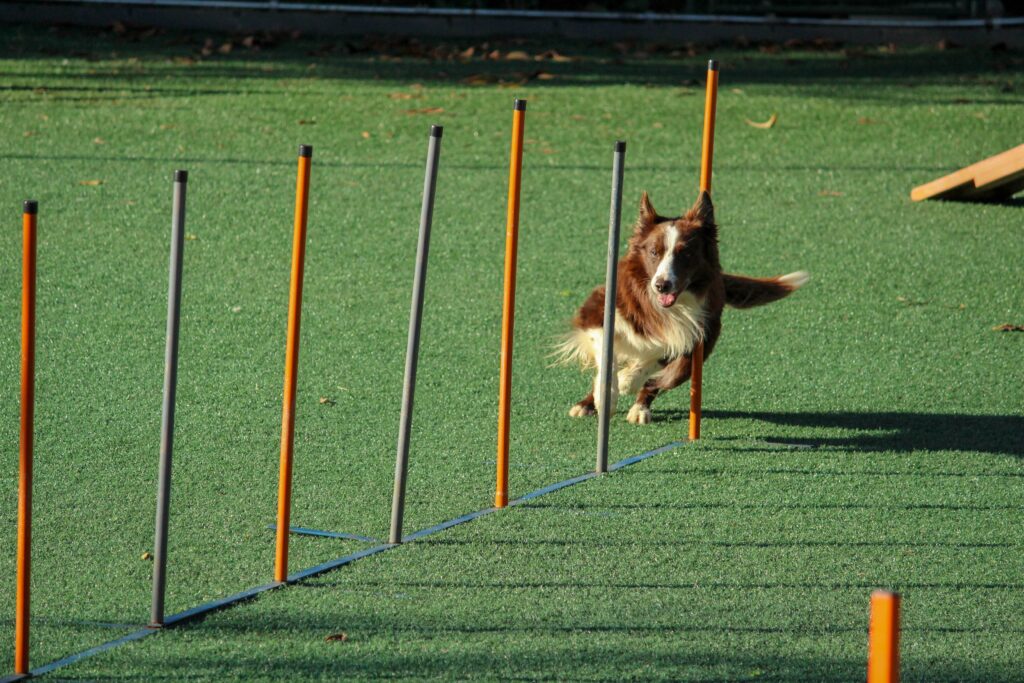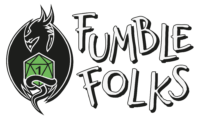Dungeons & Dragons is a tabletop role-playing game that allows you to step into a fantastical world of magic, monsters, and adventures. At the heart of your journey is your player character, and creating a well-rounded 5e character is an essential step to ensure you have a memorable and engaging experience.
In this guide, we’ll walk you through the steps of character creation, offering tips and tricks on how to build a character that’s not only mechanically strong, but rich in personality and backstory.

Step 1: Conceptualise Your Character
The first step in creating a well-rounded D&D character is to have a clear concept in mind. Think about the following:
Race: choose a race that fits your character’s concept. Do you want them to be an agile elf, a sturdy dwarf or perhaps a mysterious tiefling?
Class: your character’s class defines their skills and abilities. Do you see them as a powerful wizard, a cunning rogue, or a virtuous paladin?
Background: consider your character’s past. Are they a snooty noble, a brave folk hero, or a wise sage? Backgrounds provide skills, tools, and role-playing hooks.
Alignment: determine your character’s alignment, which is a moral or ethical compass that can guide their actions and decisions.

Step 2: Choose Ability Scores
In D&D 5e, your character’s ability scores are crucial. You’ll assign these scores to Strength, Dexterity, Constitution, Intelligence, Wisdom, and Charisma, which make up the foundation for other skills. The method for determining these scores can vary depending on your Game Master’s preference, but the standard options are ‘point uy’, ‘rolling dice’, or ‘standard array’.
Point buy is a method where players allocate points to their ability scores, starting at a base of 8, adding 27 points across the scores.
Rolling dice involves rolling dice (usually 6-sided) to determine ability scores, resulting in a random score between 3 and 18. Most tables roll four of these 6-sided dice (d6) for each ability score, ignoring the lowest roll and adding the other three.
Standard array is a predetermined set of ability scores (15, 14, 13, 12, 10, 8) for balanced characters.
In D&D 5e, ability scores represent a character’s inherent strengths and weaknesses. These scores are a crucial foundation for character creation, determining a character’s capabilities and potential.
There are six primary ability scores: Strength, Dexterity, Constitution, Intelligence, Wisdom, and Charisma, each with its unique impact on a character’s skills, combat abilities, and role-playing interactions.
Strength: important for melee combat and carrying capacity.
Dexterity: affects your character’s agility, ranged attacks, and armour class.
Constitution: determines hit points and resistance to certain effects.
Intelligence: key for knowledge-based skills and spells.
Wisdom: influences perception, insight, and certain spellcasting abilities.
Charisma: affects social interactions and some spellcasting abilities.
These ability scores play a pivotal role in shaping the identity and capabilities of your character, influencing their performance in various aspects of the game, from combat to role-playing.

Step 3: Pick Your Skills and Features
Your character’s class and background provide a set of skills and features. Consider your character concept and choose the most appropriate ones. These skills and features will not only affect your character’s mechanical abilities, but also their role-playing opportunities. For example, a rogue might have proficiency in Stealth and Sleight of Hand, while a cleric might have proficiency in Medicine and Religion.

Step 4: Equipment and Gear
Determine your character’s starting equipment based on their class and background. Additionally, consider any unique items or weapons that align with your character’s concept. Work with your Game Master to equip your character in a way that can help define their personality and backstory.

Step 5: Personality, Backstory, and Flaws
A well-rounded character is more than just numbers on a sheet. Develop a personality, backstory, and flaws that make your character come to life. Think about their motivations, fears, and personal history. Are they seeking revenge, redemption or something else entirely? What quirks and flaws make them interesting and relatable?

Step 6: Character Development
As your character progresses through the campaign, their story should evolve. Work with your Game Master and fellow players to incorporate your character’s growth and change into the narrative. This can make for a much more immersive and satisfying experience.
